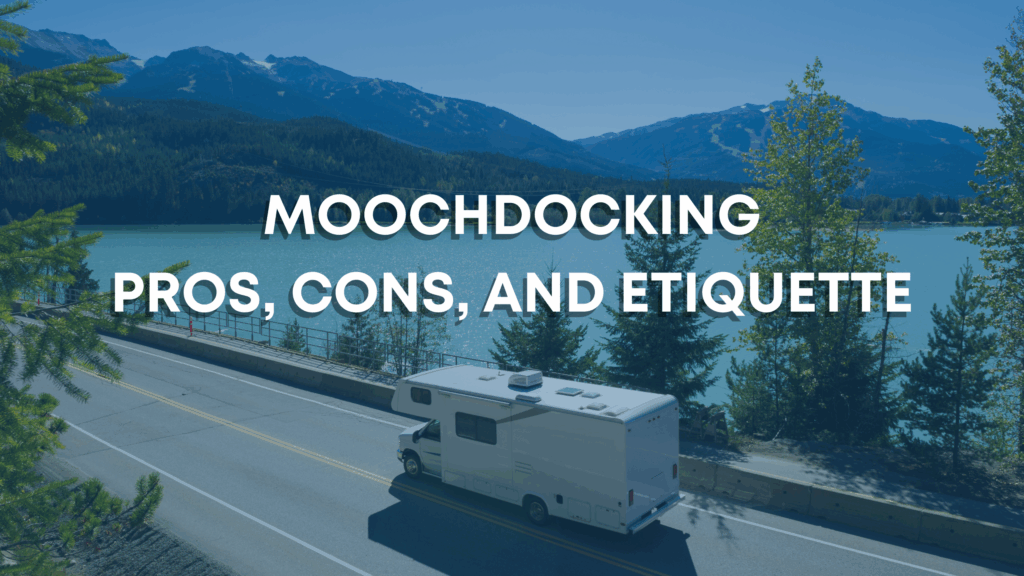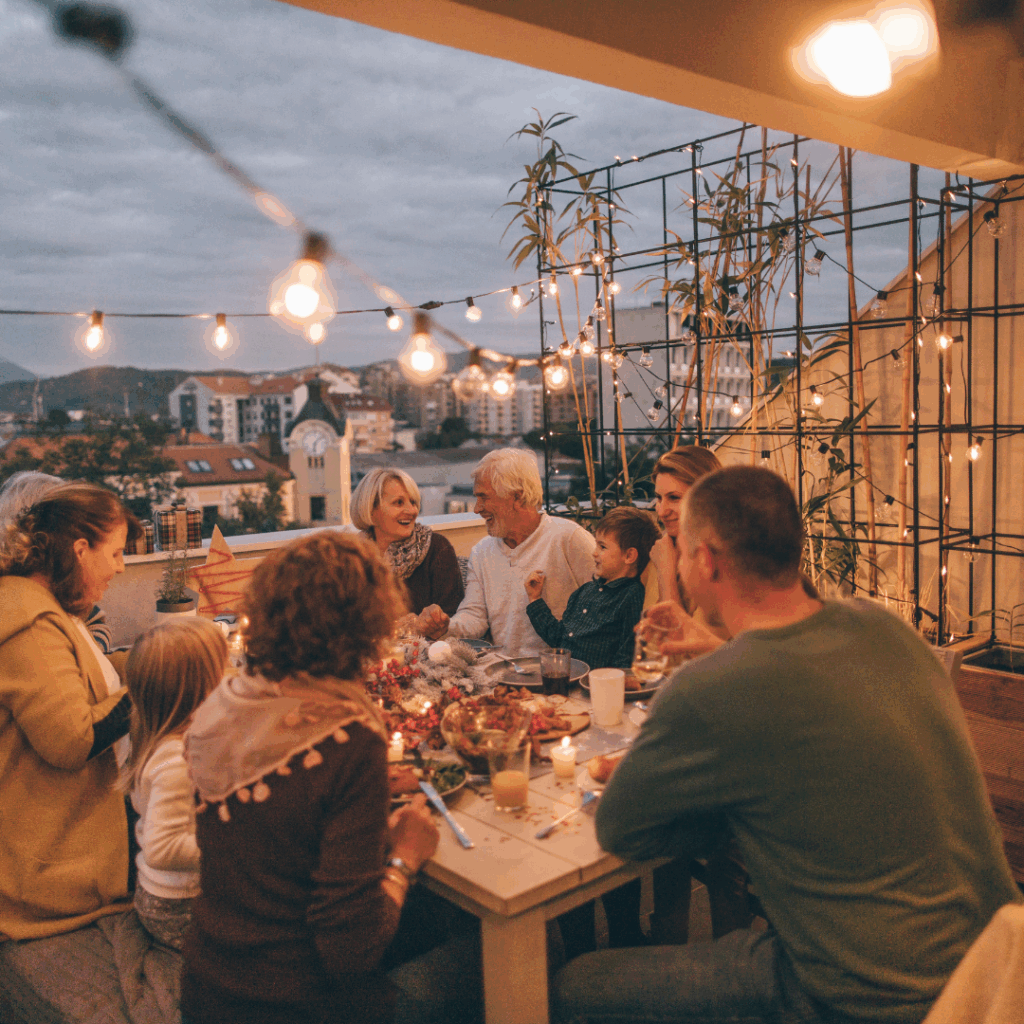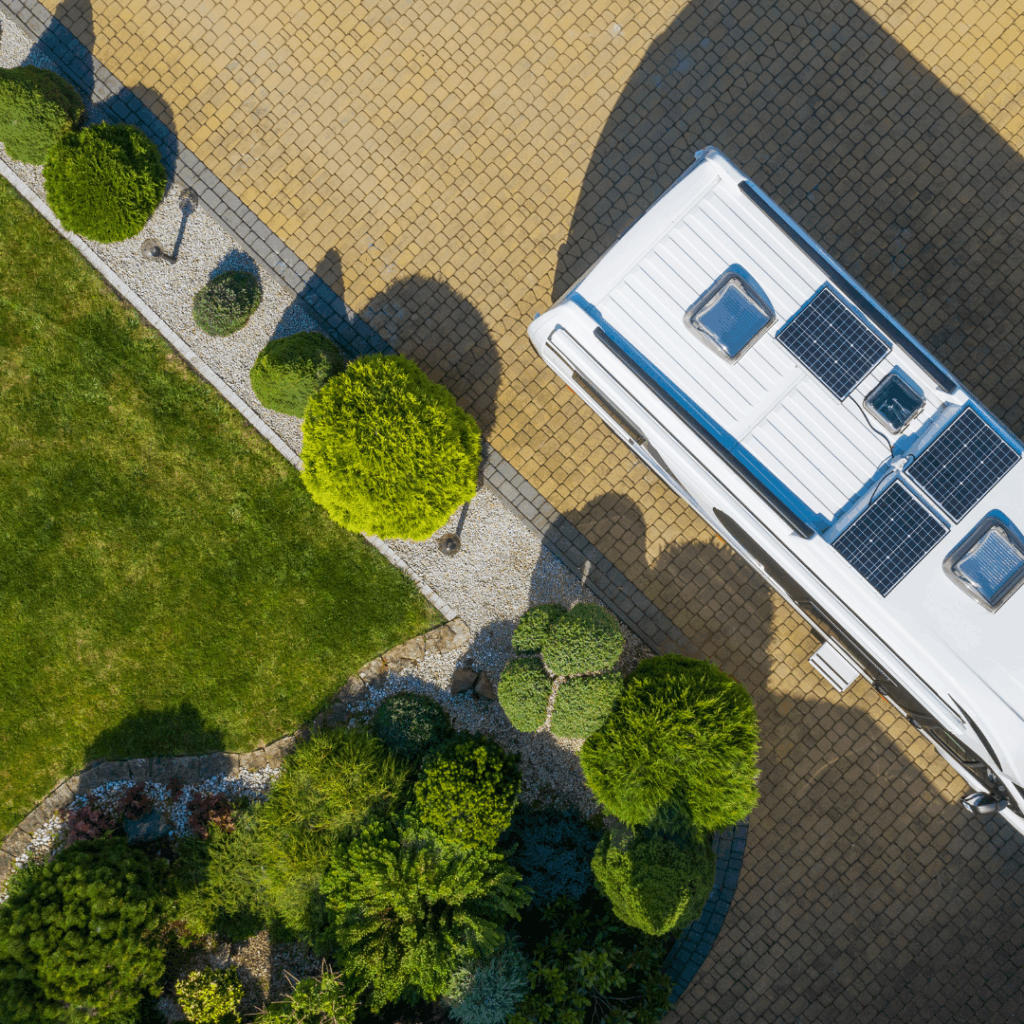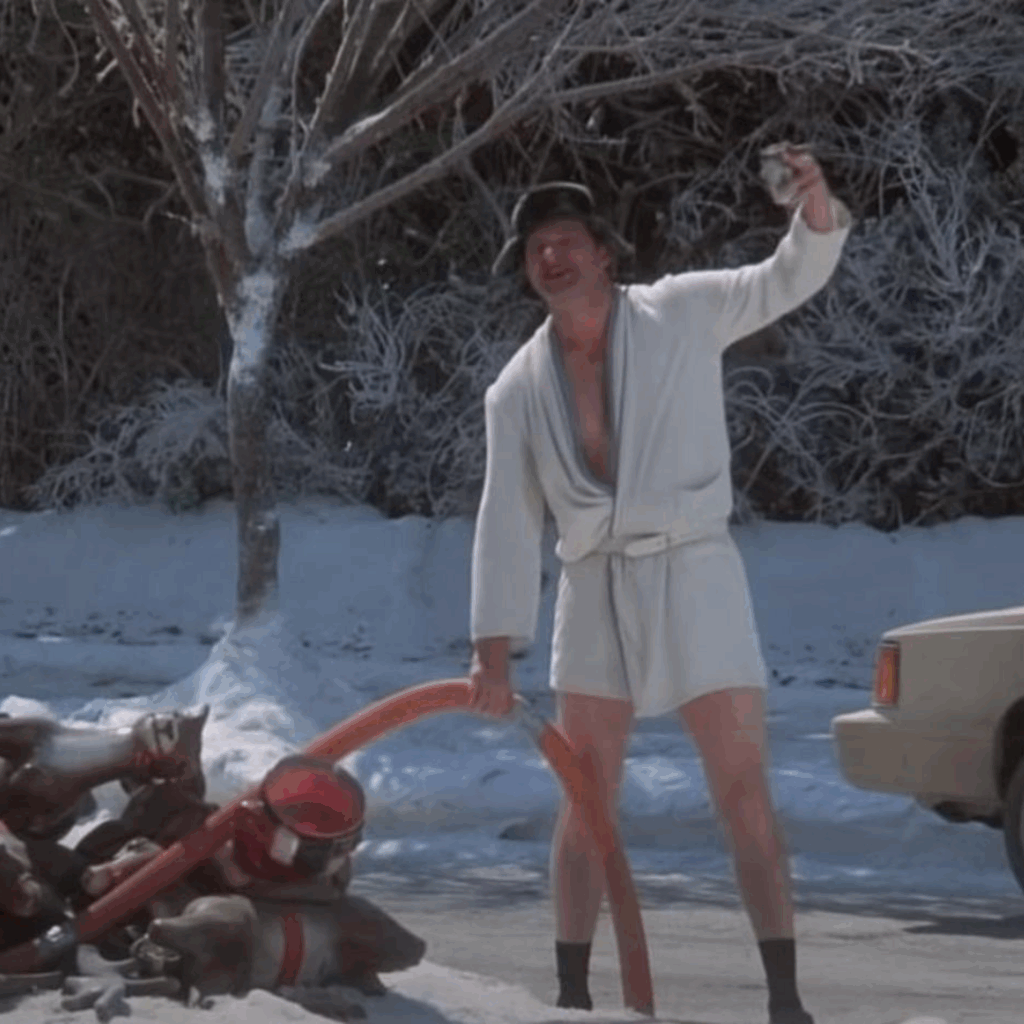
Moochdocking Pros, Cons, and Etiquette
Moochdocking, a playful blend of “mooching” and “boondocking,” refers to parking your RV for free on a friend or family member’s property, often in a driveway or backyard. While the term can carry a slightly negative connotation, similar to “couchsurfing,” it’s become a popular option among RVers. Why? It’s convenient, cost-effective, and provides a break from life on the road, spending time with people you care about.
That said, moochdocking is a privilege—not a right. Being a respectful guest means understanding the unspoken rules and practicing good etiquette. After all, you’re being welcomed into someone’s home, and courtesy and consideration goes a long way.

The Perks of Moochdocking
For many full-time and part-time RVers, moochdocking is an appealing option that combines practicality with comfort. Here’s why:
- Cost Savings
One of the biggest perks of moochdocking is cost savings; it’s usually free or very affordable. You save money because you don’t have to pay to park your RV. Compared to a full-service RV park you’re saving $30-$60 a night, or even more. Staying on a friend or family member’s property allows travelers to stretch their budget, especially during long trips or in between pricey campground stays.That is a significant benefit. - Convenience
Moochdocking often means access to household amenities like water, electricity, laundry, or even Wi-Fi. It’s also easier to stock up on supplies, run errands, or simply take a break without navigating busy RV parks. And with the right off-grid upgrades—like enhanced solar, lithium batteries, and smart inverters—you can reduce your reliance on your host’s resources and enjoy greater flexibility wherever you stay. - Security & Familiarity
Compared to remote boondocking or crowded public lots, staying in someone’s driveway or backyard can offer more peace of mind. There’s comfort in being in a known location, especially when it’s close to people you trust in a safe area. - Social Connection
Life on the road can be quiet. Moochdocking provides an opportunity to reconnect with loved ones, share stories from the road, and enjoy a real kitchen meal or cozy evening together. It’s a refreshing pause from the isolation that sometimes comes with RV living.
In short, moochdocking combines the freedom of RV travel with the comforts of home—making it a popular and rewarding choice for many RVers.

Disadvantages to “Driveway Surfing”
While moochdocking can be a budget-friendly and comfortable option, it’s not without its drawbacks. Before you pull into a friend or relative’s driveway, consider the following:
- Limited Resources
Not every home is set up for RV Moochdocking. You may not have access to full hookups for water, sewer, or electricity—and running a generator in a quiet neighborhood isn’t always appreciated. - Space Constraints
Driveways, cul-de-sacs, and suburban streets aren’t always RV-friendly. Navigating tight spots can be challenging (especially for larger rigs). - Privacy Considerations
You’re staying at someone else’s home, which means sacrificing a bit of privacy—for you and for them. Consider shared spaces, routines, and family dynamics that are at-play! - Unspoken Pressure
Even when friends and family are happy to host, there may be subtle pressure to socialize more than you’d planned or to pitch in around the house. It’s a different vibe from a campground, and being a thoughtful guest is key.

Mooch With Manners – How to Be a Gracious Guest
A prime example of a horrible moochdocking guest was when Clark Griswold hosted Cousin Eddie and his family in the 1989 movie National Lampoon’s Christmas Vacation. It’s a perfect demonstration of how not to behave when visiting someone in your RV! If you behave how Cousin Eddie did, don’t expect an invite to stay again anytime soon.
Moochdocking works best when there’s clear communication and mutual respect. In order to be a gracious guest a (hopefully) be invited back, ABC Upfitters recommends that following tips:
- Ask First & Be Clear
Never assume—it’s essential to get permission before parking your rig on someone’s property. Reach out in advance and clearly explain your setup and needs. Respect starts with communication. Set expectations early. A few helpful questions to discuss upfront:
- Is it okay to come inside to use the bathroom or shower?
- Are there restrictions around running your generator (times, noise)?
- What are the options for handling gray and black water?
- Can you plug into household power or fill your fresh water tank?
- How long is it okay for you to stay?
Being up front avoids misunderstandings and helps everyone feel more comfortable. Moochdocking works best when you treat your stay like a privilege—not a right.
- Respect Quiet Hours & Property Boundaries
- Be Self-Contained
Chances are, you’re likely using your host’s power source and water supply. Do not assume that you will be able to rely on their utilities unless they are offered. If they do decide to share their resources, use power from your solar panels and batteries when possible and be conscientious about reducing waste! - Limit Your Stay
Ultimately the property owner will have the final say on the length of stay, but be careful to “not wear-out your welcome” by taking advantage of their hospitality for too long. Know when it’s time to move on. A few nights is often the sweet spot. - Offer Something in Return
If they aren’t asking for payment, there’s a few things that you can still offer as a “thank you” for your host’s generosity:
- Chip in toward their electric bill.
- Assist in cleaning, yard work, or home improvement projects
- Take them to dinner or cook a meal for them if you’re eating-in (you could also offer to bring a side or a nice bottle of wine if they plan to cook)
- Lastly, if they have kids, watch their kids for an evening to give the parents a fun night out for themselves.
Is Moochdocking Right for You?
Now that you understand the basics of moochdocking, it’s time to ask: Is this the right fit for your travel lifestyle?
Consider your travel preferences, rig setup, and comfort level with staying on someone else’s property. This experience can be a wonderful way to connect with loved ones and save money, but it’s not the ideal scenario for everyone.
Ask yourself:
- Do I have a fully self-contained RV? (You’ll need your own power, water, and waste systems.)
- Can I stay without adding stress or inconvenience to my hosts?
- Am I comfortable navigating social boundaries and temporarily sharing space with others?
If you answered yes to all three, moochdocking might be a great fit for your travels!
Final Thoughts
Staying with friends or family can be one of the most rewarding parts of RV life when it’s done thoughtfully. When you’re prepared and considerate, these driveway stays can lead to lasting memories, meaningful connections, and a lighter travel budget!

Looking to upgrade your rig for self-sufficient stays? Visit ABC Upfitters to explore custom power systems and off-grid solutions —and make every stop one you’re invited back to.
You May Also Enjoy Reading About:
- RV Education on the Road for Families Who Travel Full-Time
- RV Boondocking for Beginners
- National Park Roadtrips for Boondockers
About ABC Upfitters: ABC Upfitters provides premium, customer-focused, upfitting services to RV clientele who are looking for the ultimate off-grid experience. The close-knit company originated from the rising demand for aftermarket Li-Ion battery upgrades for recreational vehicles. By using Mastervolt components, ABC can meet this need and provide an unmatched level of integration and quality for their customers. Contact one of the ABC team members today to learn about their services!
